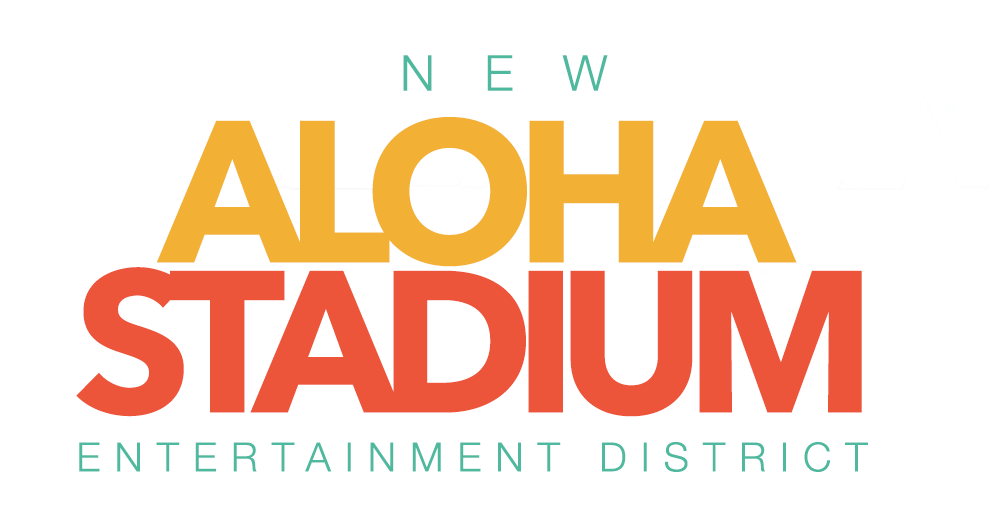Honolulu Star-Advertiser
Sports
By Ferd Lewis
August 13, 2020
Updated 12:47 am
Looking out from the box office it seems like another huge event at Aloha Stadium with row upon row of cars packing the upper and lower Halawa parking lots.
But like a lot of things in the COVID-19-tossed world these days, the scene is deceiving.
The cars are from a consortium of four rental car companies, parked there since late March, because the demand by visitors for cars has all but dried up.
The fee to park the unused rental cars brings the stadium a welcome $60,000 a month, but not enough to make up for what will be the first fall without a football season — high school or college — figures to cost the 45-year-old facility.
Football — high school, University of Hawaii and the SoFi Hawaii Bowl — was worth $1.4 million in revenue to the stadium in the 2020 fiscal year that ended June 30, stadium manager Scott Chan said.
The absence this year plus other COVID-19 setbacks, including a lack of concerts and fewer Swap Meet sessions, is currently projected to result in as much as a $4 million deficit for fiscal year 2021.
Thrice weekly Aloha Stadium Swap Meet and Marketplace sessions are the stadium’s biggest money maker at as much as $4.6 million a year. But Wednesday events, traditionally a big tourist draw, have been scrapped for the time being due to the COVID-19 impact on tourism.
That’s a far cry from the 2019 fiscal year, which might have been the best in stadium history and produced a $3 million profit.
Last week the Hawaii High School Athletic Association announced the fall football season would be canceled. Five days later, on Monday, the Mountain West Conference, where UH competes in the sport, pulled the plug on its fall and what had been a seven-game home season.
Charlotte, N.C.,-based ESPN Events, which owns and operates the Hawaii Bowl, has not announced whether it will be played at all.
“It is unfortunate to hear that the upcoming football season has been officially canceled,” Chan said. “The degree of impact to the Stadium Authority Special Fund program will be defined by the length of the pandemic and its recovery period. In the meantime, the Stadium Authority is re-assessing its financial situation and considering all viable and essential adjustments necessary to control and maintain financial solvency.”
Chan said, “Our focus will be on addressing existing programs such as prioritizing procurement requests, as well as supporting the Aloha Stadium Swap Meet and Marketplace and the consortium of rental car companies.”
Beside the financial impact, canceling of the fall football season was a personal disappointment for Chan, who played quarterback for Kaiser High in the stadium’s inaugural 1975 season, as well as Stadium Authority members Ross Yamasaki and Mike Iosua, who played for UH in the 1980s and ’90s.
“It is hard to think of this place being empty for the football season,” said Yamasaki, who chairs the Stadium Authority and played before crowds that averaged more than 40,000 in 1989. “I never thought I would see this.”
FOOTBALL FINANCES
What football is worth to Aloha Stadium
High schools $219,000
UH $1,086,577
Hawaii Bowl $137,000
Total: $1,442,577
Source: Aloha Stadium.
READ FULL ARTICLE HERE.

